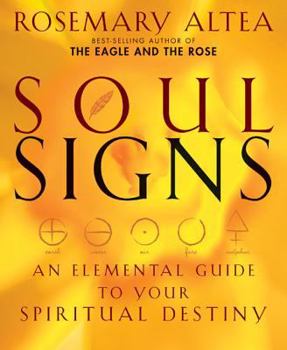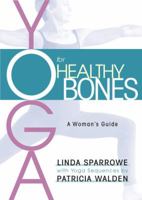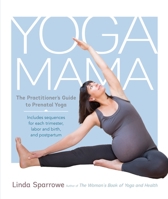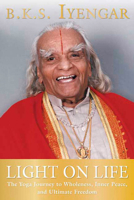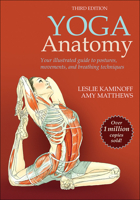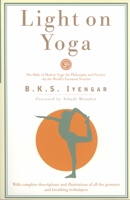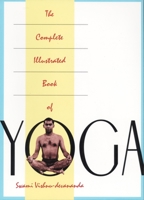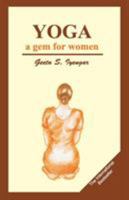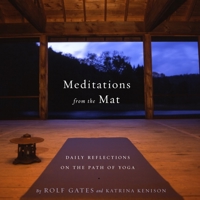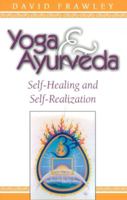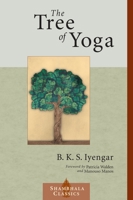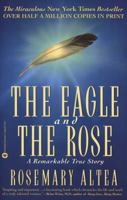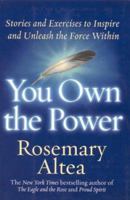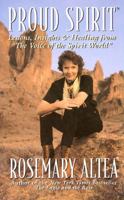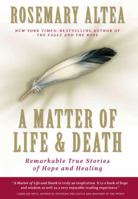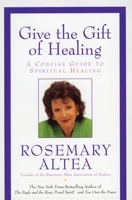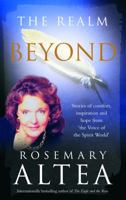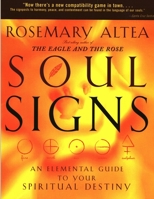Soul Signs: An Elemental Guide to Your Spiritual Destiny
Select Format
Select Condition 
You Might Also Enjoy
Book Overview
Customer Reviews
Rated 5 starsNothing Compares!!!
Well, what can I say?!?!?! After reading this book 1 time, you will never be able to doubt or deny any of its spiritual concepts. Rosemary does a wonderful job of explaining the question we've all asked since birth "Where do I come from?" Even if you don't understand the events that led to your earthly existence; you're here!!! And boy does Rosemary make it easy to understand why it is we do the things we do. With this book,...
1Report
Rated 5 starsGreat Read!
Soul Signs was an inspiring book. I enjoy reading works from this author, and her writing inspires me every time I enjoy one of her books. The stories are heartwarming and her experiences are related in a way that everyone can understand. The best thing is that it is a 'hopeful' book.
1Report
Rated 5 starsGreat
I thoroughly enjoyed this book and would recommend it to anyone. It really shed some light on myself as well as others in my life. This book is well worth it.
1Report
Rated 5 starsYour eternal soul has its own sign
At your moment of birth, your body was imprinted with astrological information. Perhaps the Sun was in Scorpio, the Moon in Pisces, Mercury in Sagittarius, Mars in Capricorn, Leo Rising. All of these positions influence who you are in this life. But your body dies and is left behind when your immortal soul proceeds to its next destination. The fact that you are a Scorpio in this life doesn't mean that your eternal soul...
1Report
Rated 5 starsQuite Interesting!
I found this book to be REALLY interesting - and quite insightful. Basically, Rosemary helps the reader determine their own "soul sign", as well as the "soul signs" of others, through a categorization based on the elements (i.e. fire, water, air, etc...). This info. can then be used to help the reader understand why they get along so well with some people and not others, and the best "type" of person for you - in terms...
0Report










